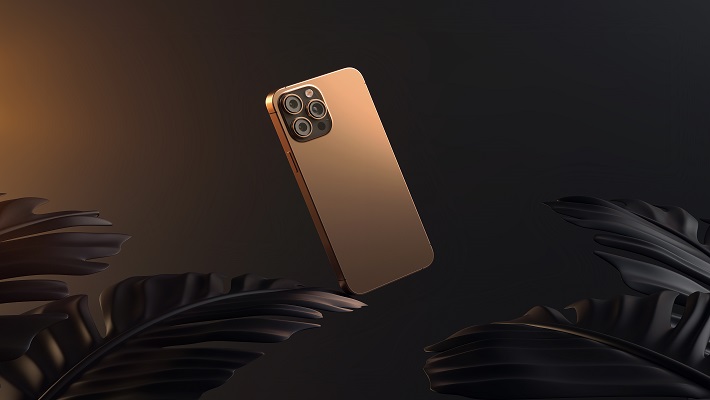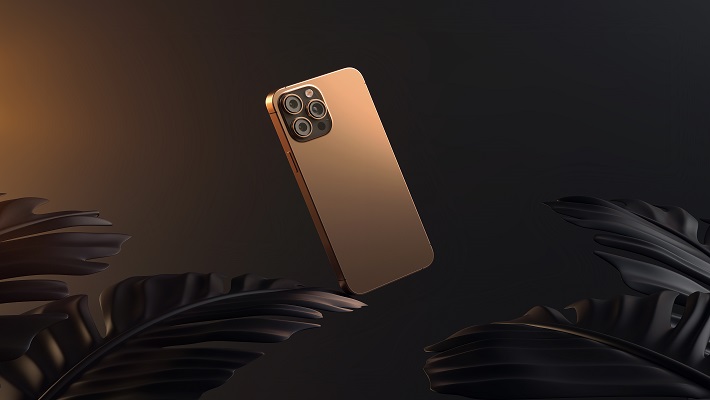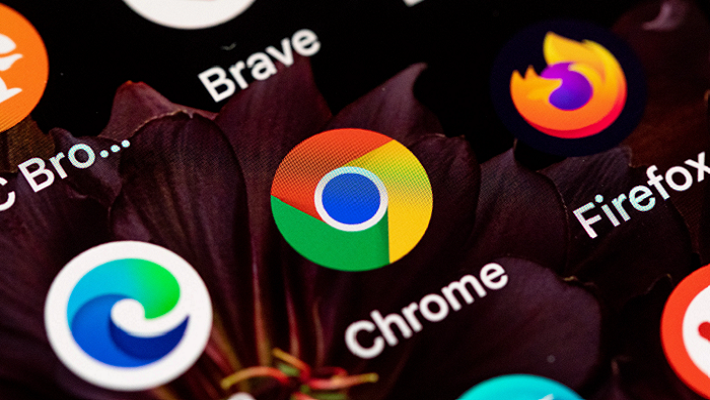
The tech giant Apple, renowned for leading smartphone earnings, now tops the global smartphone sales chart, outperforming Samsung.
In the last ten years, Apple and Samsung have been intense rivals in the smartphone arena. They're always seeking supremacy. Apple's iPhone line has consistently been a trendsetter, while Samsung has concentrated on providing a range of devices for various market niches. This fierce rivalry has resulted in a constant tug-of-war for market share. Both firms continually strive to outpace each other in design, features, and technological growth.
This contest for consumer trust and the coveted title of "world's top smartphone maker" has sparked ongoing innovation and product development cycles. Their rivalry is one of the critical stories in the ever-changing world of mobile technology. Let’s look at how Apple dethroned Samsung as the world's largest smartphone seller.
Regulation is something that's needed in space. Guardrails are required; if you look down the road, they're so powerful that companies must make their own ethical decisions. Regulations will have difficulty staying even with this progress because it's moving so quickly. So, I think it incumbent on companies as well to regulate themselves,” says Tim Cook, CEO of Apple.
Innovative Product Development and Differentiation
Apple's win over Samsung banks on constant innovation and unique products. With top-tier tech and an easy-to-use design, it’s excellent at figuring out what customers want and causing a stir with new features. This put them at the top of Smartphone makers.
A case in point is the iPhone 12 series with 5G tech. Apple smartly launched it when 5G networks went live worldwide, tapping into the surging need for speed and dependability. This crafty play showed Apple's vision, putting the iPhone in the lead for next-level smartphones. Unlike its competitors, Samsung leaped with 5G tech early on. Yet, they struggled to make regular folks understand why their 5G gadgets were so great.
They're all about making everything work together: Apple Watch, Air Pods, Mac Books, you name it. This ‘one big happy family' approach has made their customers stick around. Once you're in, you rarely leave. That's some strong brand glue right there.
Strategic Positioning and Brand Development
Apple didn't just climb to the top thanks to tech skills alone. Sharp marketing and branding also played vital roles. Apple knows how to tell stories around its gear, making them seem like lifestyle buddies, not just gadgets. Their gear is slick, easy to use, and makes you feel fancy; people worldwide dig that.
Take the iPhone SE launch, for instance. Apple aced that one. They pitched it as a wallet-friendly choice that still packs a punch, aiming at folks who want snazzy tech without breaking the bank. Apple's smart strategy reached more customers. It appealed to those mindful of costs and usually chose Samsung or other Android phones.
On the flip side, Samsung struggled with telling a straightforward story for its range of products. With so many phones at different prices and features, it was hard to paint a distinct brand picture for every product. But Apple did it differently. Their concentrated effort built a robust, steady brand image that clicked with customers worldwide.
Supply Chain Resilience and Adaptability
Big tech companies need to handle supply chain problems with strength and flexibility. This is key to their success. Apple has done this well, which has helped it become the top seller of smartphones worldwide. They did it even when facing uncertainty like the COVID-19 pandemic.
Apple's supply chain is vast and well-run. This helped lessen the effects of issues in one area by quickly moving production to different places. Apple’s careful planning with its suppliers and precise inventory control allowed it to keep a substantial supply of products. They did this even when their competitors were low on stock.
Samsung had a robust supply chain. However, unexpected troubles were challenging due to its complex global component sourcing. It was tough when stuff went wrong. On the other hand, Apple was quick. They bounced back from supply problems fast. This made sure their products were always there for customers. As a result, this gave Apple an edge over the competition.
Apple outdid Samsung and became the top-selling Smartphone maker. This success shows their innovative strategies, dedication to new ideas, and smooth handling of marketing and supplies. The smartphone business changes quickly and faces heavy competition. Companies must make the most advanced technology and tell consumers what's unique.
Now, Apple is a trendsetter in the tech world. It's up to Samsung and the rest to rethink their plans, be creative, and keep up with the changing market. The back and forth between these tech powerhouses is nowhere near the end, and we can expect extensive, game-changing news in the Smartphone business in the future.







